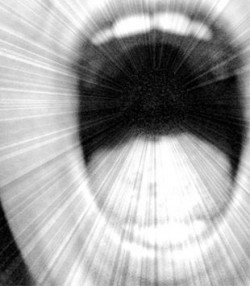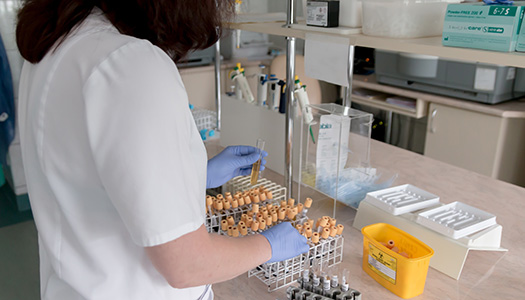Bad Breath…
Bad breath, also called halitosis, can be embarrassing and in some cases may even cause anxiety. It’s no wonder that store shelves are overflowing with gum, mints, mouthwashes and other products designed to fight bad breath. But many of these products are only temporary measures because they don’t address the cause of the problem.
Symptoms:
A person may not always know that he or she has bad breath. This phenomenon is because odour-detecting cells in the nose eventually become accustomed to the constant flow of bad smells from the mouth. Others may notice and react by recoiling as you speak.
Other associated symptoms depend on the underlying cause of bad breath:
- Poor dental hygiene — Teeth are coated with film or plaque, food debris trapped between teeth, pale or swollen gums.
- Infections in the mouth — Gums may be red, swollen and bleed easily, especially after brushing or flossing; pus may drain from between teeth; a pocket of pus at the base of a tooth; loose teeth or a change in “fit” of a denture; painful, open sores on the tongue or gums
- Respiratory tract infections — Sore throat, swollen lymph nodes (“swollen glands”) in the neck, fever, stuffy nose, a greenish or yellowish nasal discharge, a mucus-producing cough
- External agents — Cigarette stains on fingers and teeth, a uniform yellow “coffee stain” on teeth
- Dry mouth — Difficulty swallowing dry foods, difficulty speaking for a prolonged period because of mouth dryness, a burning sensation in the mouth, an unusually high number of dental caries.
- Systemic (bodywide) illnesses — Symptoms of diabetes, lung disease, kidney failure or liver disease.
Causes:
- Food. The breakdown of food particles in and around your teeth can increase bacteria and cause a foul odour. Eating certain foods, such as onions, garlic, and other vegetables and spices, also can cause bad breath. After you digest these foods, they enter your bloodstream, are carried to your lungs and affect your breath.
- Tobacco products. Smoking causes its own unpleasant mouth odour. Smokers and oral tobacco users are also more likely to have gum disease, another source of bad breath.
- Poor dental hygiene. If you don’t brush and floss daily, food particles remain in your mouth, causing bad breath. A colourless, sticky film of bacteria (plaque) forms on your teeth and if not brushed away, plaque can irritate your gums (gingivitis) and eventually form plaque-filled pockets between your teeth and gums (periodontitis). The uneven surface of the tongue also can trap bacteria that produce odours. And dentures that aren’t cleaned regularly or don’t fit properly can harbour odour-causing bacteria and food particles.
- Dry mouth. Saliva helps cleanse your mouth, removing particles that may cause bad odors. A condition called dry mouth can contribute to bad breath because production of saliva is decreased. Dry mouth naturally occurs during sleep, leading to “morning breath,” and is made worse if you sleep with your mouth open.
- Infections in your mouth. Bad breath can be caused by surgical wounds after oral surgery, such as tooth removal, or as a result of tooth decay, gum disease or mouth sores.
- Other mouth, nose and throat conditions. Bad breath can occasionally stem from small stones that form in the tonsils and are covered with bacteria that produce odorous chemicals. Infections or chronic inflammation in the nose, sinuses or throat, which can contribute to postnasal drip, also can cause bad breath.
- Medications. Some medications can indirectly produce bad breath by contributing to dry mouth. Others can be broken down in the body to release chemicals that can be carried on your breath.
Preventions:
- Practice good oral hygiene. Brush twice a day with fluoride tooth paste to remove food debris and plaque. Brush teeth after you eat -Don’t forget to brush the tongue, too. Replace your toothbrush every two to three months. Use floss or an interdental cleaner to remove food particles and plaque between teeth once a day. Dentures should be removed at night and cleaned thoroughly before being placed in your mouth the next morning.
- See your dentist regularly — at least twice a year. They will conduct an oral exam and professional teeth cleaning and will be able detect and treat periodontal disease, dry mouth, or other problems that may be the cause of bad mouth odour.
- Stop smoking/chewing tobacco-based products.
- Drink lots of water. This will keep your mouth moist. Chewing gum (preferably sugarless) or sucking on candy (preferably sugarless) also stimulates the production of saliva, which helps wash away food particles and bacteria.
- Keep a log of the foods you eat. If you think they may be causing bad breath, bring the log to your dentist to review. Similarly, make a list of the medications you take. Some drugs may play a role in creating mouth odours.







